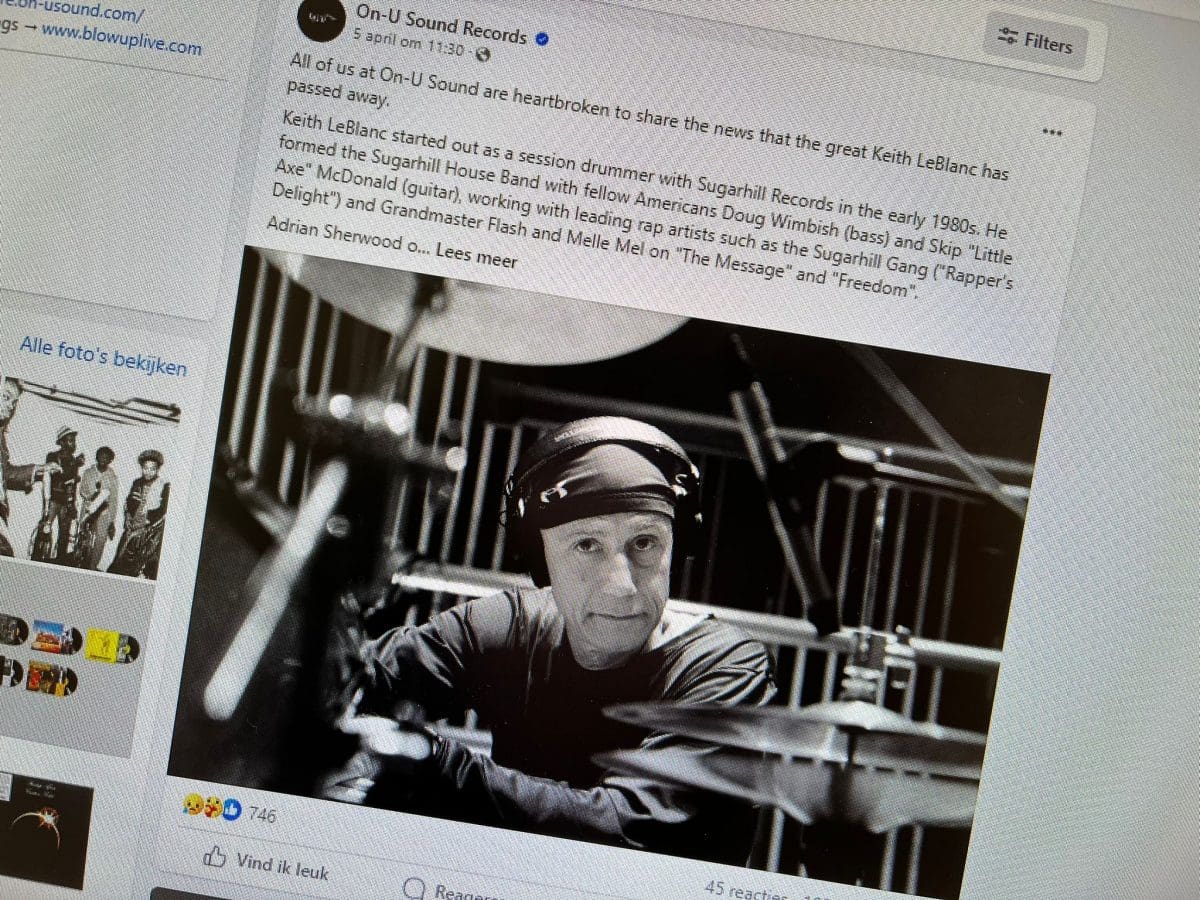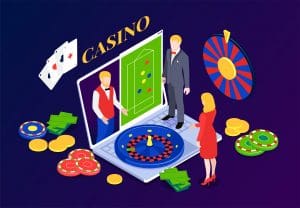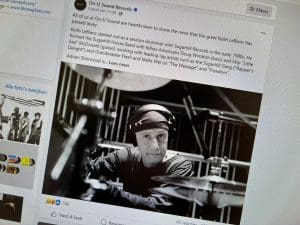Founding Fathers Tribute: A Pioneers of Industrial Music Playlist


On Father’s Day this year, let’s not just honor the men who were responsible for bringing us into the world; let’s honor the founding fathers of industrial music. In this article we’ll take a look at some classic favorites to revisit. And since we’re talking about the founding fathers of industrial music, don’t forget your own father on June 21st. (If you’re concerned about practicing social distancing, you can find holiday ecards online.) Now let’s get started on the playlist, shall we
Masterhit, by Front 242
Hailing from Belgium, Front 242 is an electronic industrial band who helped launch the 80s-era foundations of the genre. The guys in the band called the style “electronic body music,” but as you can hear from the song “Masterhit,” the elements of industrial music are all there. Front 242 toured the U.S. with Ministry in 1984, and were partially responsible for the formation of many bands inspired by their style of music. Lyrics to this song include: “You seem so tender / as the warm little beasts / I’m so fond of” and “Master, I feel so warm and I’m so happy, master.” It’s an industrial classic, indeed.
More & Faster 243, by KMFDM
No, the band’s name doesn’t stand for “Kill Motherf***ing Depeche Mode.” The name KMFDM is derived from the initials of a Dada-esque nonsensical German phrase that, loosely translated, means “no pity for the majority.” The lyrics for “More & Faster 243” are also whimsical, as the band claims they don’t actually care about music; for example: “This is trash / we abominate music / we’re here for the cash.” KMFDM are widely regarded as one of the more influential industrial bands of the 80s and 90s, and no founding fathers playlist would be complete without at least one of their songs.
Stigmata, by Ministry
Even for non-fans, industrial music calls to mind late-80s and early-90s era Ministry. Simply – and somewhat cornily – put, this band rocks, and as a result its music has been played in a variety of contexts. After spending time in a few underground bands in the late 70s and early 80s, Al Jourgensen formed the band that would soon, along with other musicians in the genre, help inspire a wave of industrial music. “Stigmata,” released in the late 80s, is what many associate with industrial music, and the lyrics “You’ve run out of lies!” were as poignant in the political climate into which they were released as they are today.
Murderous, by Nitzer Ebb
The lyrics of this song do not immediately call to mind the poetry of some of the other bands that helped pioneer industrial music, but you can say one thing about this song: It’s a great dance track. Nitzer Ebb were part of the transition into industrial music from the new wave of the 80s, they got their start opening for Depeche Mode. It is rumored that the band’s name was simply meant to sound like gibberish.
Dig It, by Skinny Puppy
Skinny Puppy were on the forefront of the late-80s industrial movement, and are nearly as recognizable as Ministry outside of the immediate fanbase. In “Dig It” you can hear similarities with the style of early Nine Inch Nails and Ministry. Trent Reznor claimed that Skinny Puppy’s work greatly influenced his own, and he opened for the band in the 80s. This song in particular influenced some of his early tracks. The lyrics of “Dig It” are more involved than some of the more stripped-down lines from artists such as Throbbing Gristle, and this bears true throughout their oeuvre. For example: “Love cannot attach itself to binding ugliness […] / dress it up in false kindness / create empathy.”
What a Day, by Throbbing Gristle
We can’t just stick to the men – even if this is a founding father’s tribute playlist. The band Throbbing Gristle, credited by many as the O.G. pioneers of indusrial music, included Geneis P-Orridge, a transgender artist and performer, on lead vocals, and Cosey Fanni Tutti, a female musician, on synths. “What a Day” is lean and stripped down compared to some of the other songs on this list. The focus leans instead on the percussionary elements of the song and the mad vocal style of P-Orridge. The lyrics repeat the sentiment, “What a day” over and over again with slight variations: “What a day / What a dull day” and “What an awful day / What a terrible day / All day.” Hello, 1970s England!
Since you’re here …
… we have a small favour to ask. More people are reading Side-Line Magazine than ever but advertising revenues across the media are falling fast. Unlike many news organisations, we haven’t put up a paywall – we want to keep our journalism as open as we can - and we refuse to add annoying advertising. So you can see why we need to ask for your help.
Side-Line’s independent journalism takes a lot of time, money and hard work to produce. But we do it because we want to push the artists we like and who are equally fighting to survive.
If everyone who reads our reporting, who likes it, helps fund it, our future would be much more secure. For as little as 5 US$, you can support Side-Line Magazine – and it only takes a minute. Thank you.
The donations are safely powered by Paypal.












